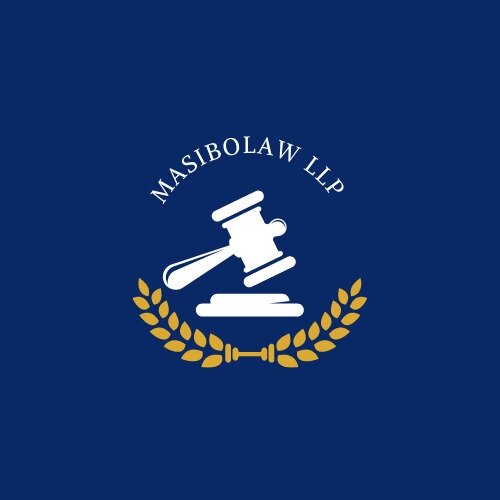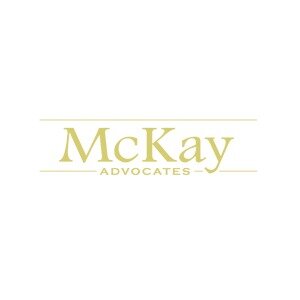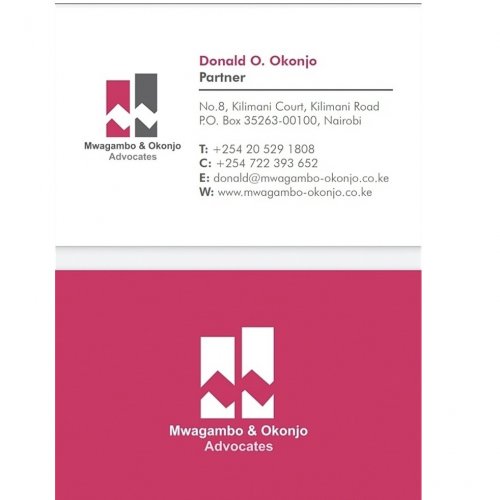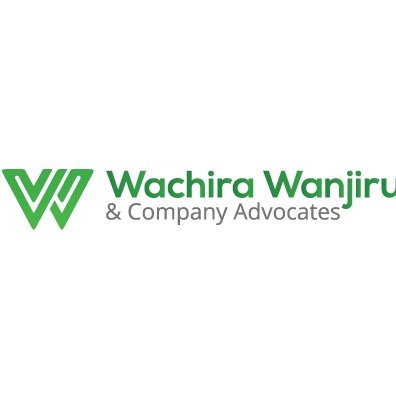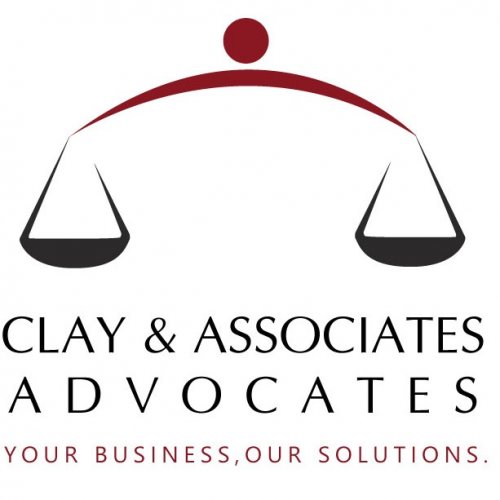Best Trademark Lawyers in Kenya
Share your needs with us, get contacted by law firms.
Free. Takes 2 min.
Or refine your search by selecting a city:
List of the best lawyers in Kenya
About Trademark Law in Kenya
Trademark law in Kenya is governed by the Trademarks Act Cap 506. A trademark can be a sign, symbol, word, or a combination thereof that identifies and distinguishes the source of the goods or services of one party from those of others. It is a crucial part of a business’s branding strategy. Registering a trademark provides the owner with exclusive rights to use, sell, or license the mark in Kenya.
Why You May Need a Lawyer
There are various common situations where you might need legal assistance in the area of trademark law:
- Filing a trademark application: A lawyer can help ensure that your application meets all legal requirements, reducing the risk of rejection.
- Trademark infringement: If you believe someone is using your registered trademark without permission, legal help can be crucial in enforcing your rights.
- Opposition proceedings: If someone opposes your trademark application, a lawyer can help defend your right to register the trademark.
- Negotiating a trademark license agreement: Lawyers can assist in drafting agreements to license your trademark to third parties.
- Renewal and management: Lawyers can help ensure that your trademarks are properly renewed and monitored.
Local Laws Overview
Trademark protection in Kenya is primarily handled by the Kenya Industrial Property Institute (KIPI). Some key aspects of the local trademark laws include:
- Application and Registration: Trademarks must be registered in order to obtain protection. Registration is valid for 10 years and can be renewed indefinitely.
- Classification: Kenya follows the Nice Classification system, which categorizes goods and services for the purpose of registering trademarks.
- Infringement and Enforcement: Trademark infringement occurs when there is unauthorized use of a trademark. Legal remedies include injunctions and damages.
- Opposition: Third parties can oppose the registration of a trademark within 60 days of its advertisement in the Industrial Property Journal.
- Licensing and Assignment: Registered trademarks can be licensed or assigned to others. These transactions must be recorded with KIPI.
Frequently Asked Questions
What is a trademark and why is it important?
A trademark is a sign capable of distinguishing the goods or services of one enterprise from those of other enterprises. It is important for protecting brand identity in the marketplace.
How long does it take to register a trademark in Kenya?
The registration process typically takes between 6 to 12 months, depending on whether any objections or oppositions are raised during the process.
Can I trademark a name or logo?
Yes, you can trademark names, logos, symbols, and even slogans used in commerce to distinguish your products or services from others.
What happens if my trademark application is rejected?
If your application is rejected, you can appeal the decision or amend your application in accordance with the guidelines provided by KIPI.
How do I renew my trademark in Kenya?
A trademark can be renewed every ten years, and renewal applications must be filed with KIPI before the expiry of the current registration period.
What does a trademark lawyer do?
A trademark lawyer assists with registration, enforcement, licensing, and protection of trademarks. They also help in handling disputes and infringement issues.
Do I need a local presence in Kenya to register a trademark?
No, but foreign applicants must appoint a local agent in Kenya to act on their behalf during the registration process.
What is the cost of registering a trademark in Kenya?
The cost involves government fees as well as service fees. Costs may vary depending on the number of classes under which you are registering your trademark.
Can I cancel a registered trademark?
Yes, a trademark can be cancelled due to non-use, abandonment, or if the registration was obtained by fraud.
Can a trademark be transferred or assigned?
Yes, a registered trademark can be fully or partially transferred or assigned to another person or legal entity.
Additional Resources
For further assistance and guidance on trademark matters, consider reaching out to these helpful resources:
- Kenya Industrial Property Institute (KIPI): This is the government body responsible for administering intellectual property rights, including trademarks.
- Law Society of Kenya: An organization that can help you find a lawyer specializing in intellectual property law.
- World Intellectual Property Organization (WIPO): Offers information and assistance on international aspects of trademark protection.
Next Steps
If you need legal assistance regarding trademark in Kenya, consider the following steps:
- Research and select a qualified trademark lawyer specializing in Kenyan law.
- Gather all necessary documentation related to your case or comparative trademarks.
- Schedule a consultation to discuss your trademark needs, whether it’s registration, enforcement, or dispute resolution.
- Evaluate the lawyer’s strategy, fees, and timeline before engaging their services.
Securing the right legal help can play a crucial role in effectively managing your trademark concerns and ensuring robust protection of your brand.
Lawzana helps you find the best lawyers and law firms in Kenya through a curated and pre-screened list of qualified legal professionals. Our platform offers rankings and detailed profiles of attorneys and law firms, allowing you to compare based on practice areas, including Trademark, experience, and client feedback.
Each profile includes a description of the firm's areas of practice, client reviews, team members and partners, year of establishment, spoken languages, office locations, contact information, social media presence, and any published articles or resources. Most firms on our platform speak English and are experienced in both local and international legal matters.
Get a quote from top-rated law firms in Kenya — quickly, securely, and without unnecessary hassle.
Disclaimer:
The information provided on this page is for general informational purposes only and does not constitute legal advice. While we strive to ensure the accuracy and relevance of the content, legal information may change over time, and interpretations of the law can vary. You should always consult with a qualified legal professional for advice specific to your situation.
We disclaim all liability for actions taken or not taken based on the content of this page. If you believe any information is incorrect or outdated, please contact us, and we will review and update it where appropriate.
Browse trademark law firms by city in Kenya
Refine your search by selecting a city.







